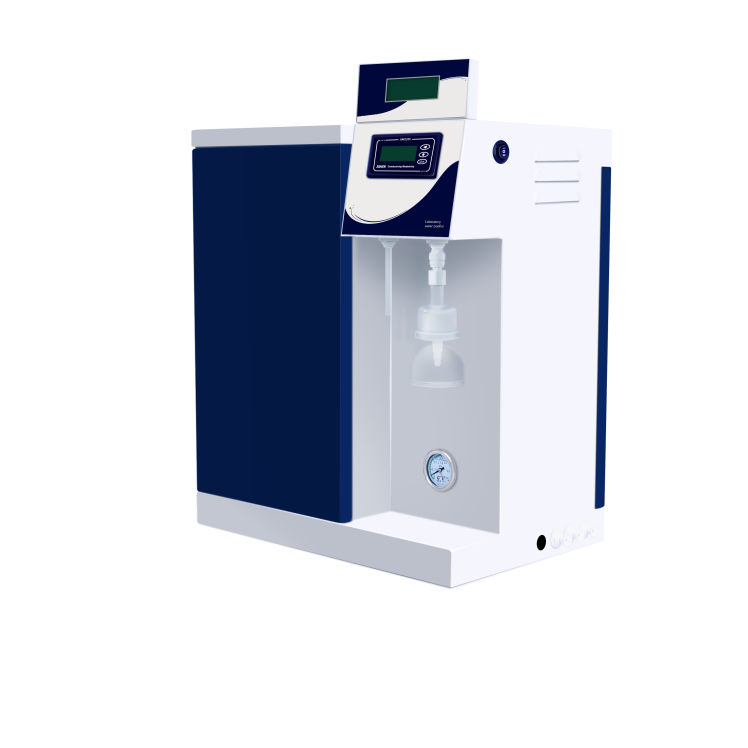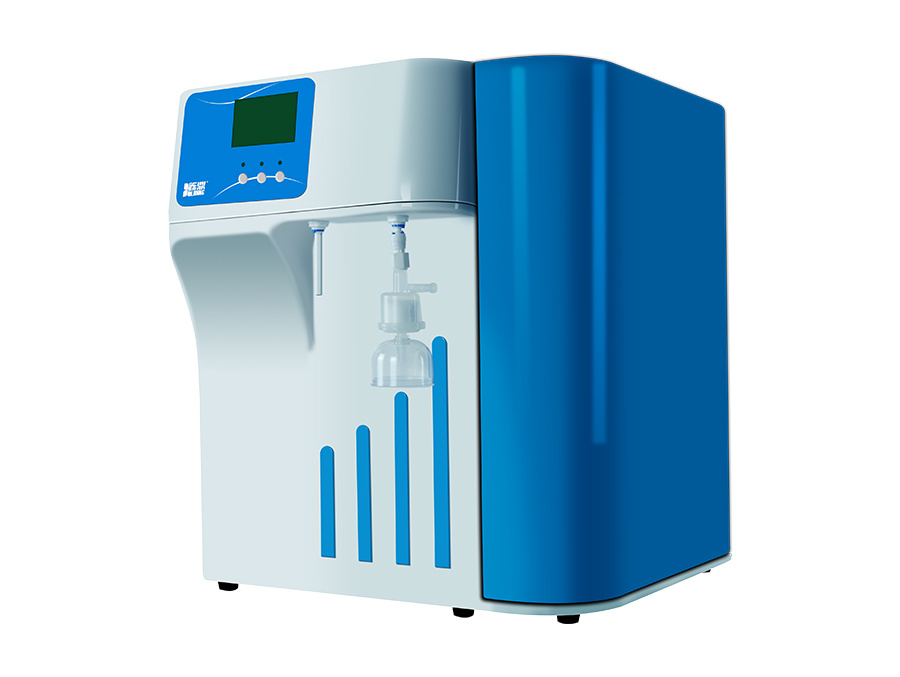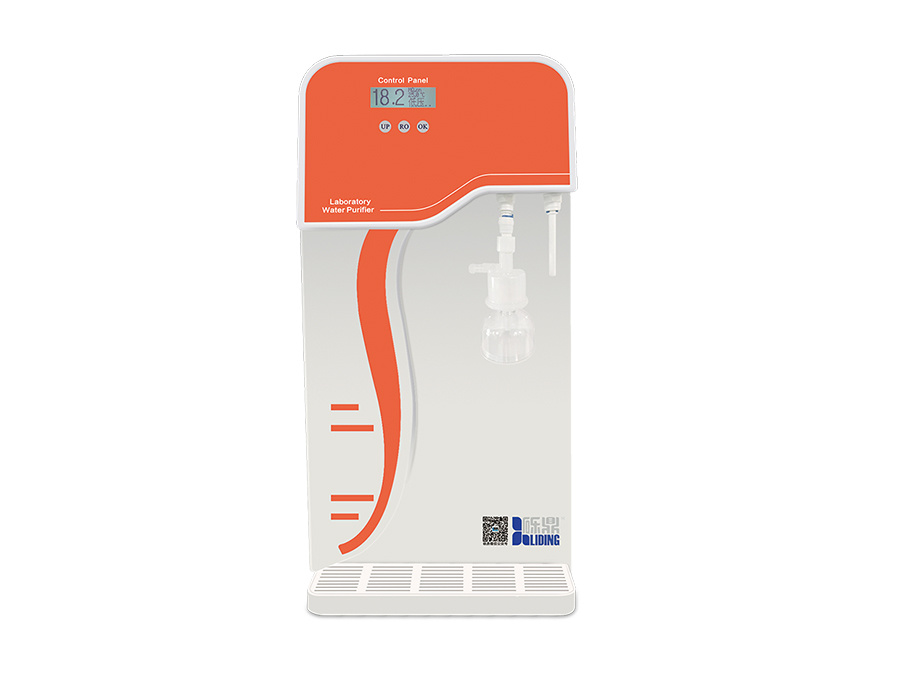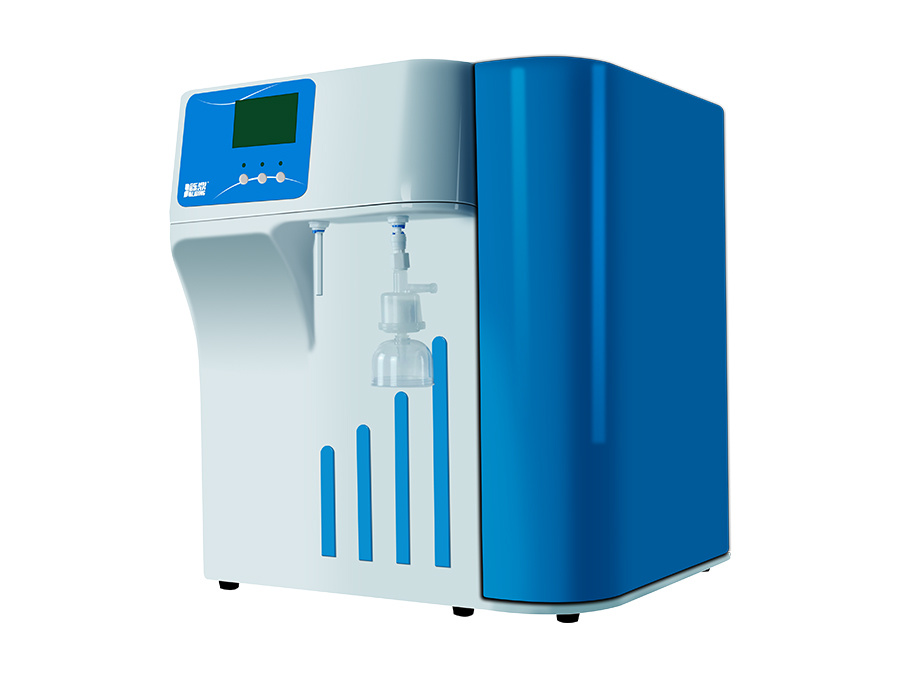Understanding Ultra Pure Water Machines: A Comprehensive Guide for Industrial Applications
Time:
Jun 08,2025
In the realm of industrial processes, the quality of water used can significantly influence the efficiency and effectiveness of operations. Ultra pure water machines play a crucial role in providing the high-purity water needed for various applications in sectors such as pharmaceuticals, electronics, and power generation. Understanding how these machines function and their importance can help professionals make informed decisions regarding water purification strategies.
Ultra pure water machines are designed to remove a wide range of contaminants, including dissolved solids, organic compounds, and micro-organisms, to achieve a purity level that meets strict industry standards. The process typically involves several advanced technologies such as reverse osmosis (RO), deionization (DI), and ultrafiltration (UF). By combining these methods, ultra pure water machines can effectively produce water with a resistivity of 18.2 MΩ·cm, which is considered the gold standard in water purity.
One of the primary applications of ultra pure water machines is in the pharmaceutical industry. High-purity water is essential for the formulation of drugs and vaccines, as impurities can affect the efficacy and safety of these products. Similarly, in the semiconductor manufacturing sector, ultra pure water is used for rinsing and cleaning wafers, where even minute contaminants can impact the performance of electronic components.
Furthermore, the power generation industry relies on ultra pure water for steam generation and cooling systems. Impurities in water can lead to scaling and corrosion in boilers and turbines, reducing efficiency and increasing maintenance costs. By utilizing ultra pure water machines, facilities can ensure optimal performance and longevity of equipment.
In addition to their technical capabilities, ultra pure water machines often come equipped with advanced monitoring and control systems. These features allow for real-time assessment of water quality and system performance, ensuring compliance with regulatory standards and facilitating proactive maintenance. With the ability to integrate into existing water treatment infrastructures, these machines provide flexibility and scalability for growing industrial demands.
When selecting an ultra pure water machine, it is essential to consider factors such as flow rate, space requirements, and the specific purity levels needed for your application. Consulting with experts in the field can aid in identifying the most suitable system tailored to your operational needs.
In conclusion, ultra pure water machines are vital components in modern industrial water treatment processes. Their ability to produce high-purity water not only ensures compliance with industry regulations but also enhances operational efficiency across various sectors. By understanding their importance and functionality, professionals can make strategic decisions that optimize their water treatment solutions.
Ultra pure water machines are designed to remove a wide range of contaminants, including dissolved solids, organic compounds, and micro-organisms, to achieve a purity level that meets strict industry standards. The process typically involves several advanced technologies such as reverse osmosis (RO), deionization (DI), and ultrafiltration (UF). By combining these methods, ultra pure water machines can effectively produce water with a resistivity of 18.2 MΩ·cm, which is considered the gold standard in water purity.
One of the primary applications of ultra pure water machines is in the pharmaceutical industry. High-purity water is essential for the formulation of drugs and vaccines, as impurities can affect the efficacy and safety of these products. Similarly, in the semiconductor manufacturing sector, ultra pure water is used for rinsing and cleaning wafers, where even minute contaminants can impact the performance of electronic components.
Furthermore, the power generation industry relies on ultra pure water for steam generation and cooling systems. Impurities in water can lead to scaling and corrosion in boilers and turbines, reducing efficiency and increasing maintenance costs. By utilizing ultra pure water machines, facilities can ensure optimal performance and longevity of equipment.
In addition to their technical capabilities, ultra pure water machines often come equipped with advanced monitoring and control systems. These features allow for real-time assessment of water quality and system performance, ensuring compliance with regulatory standards and facilitating proactive maintenance. With the ability to integrate into existing water treatment infrastructures, these machines provide flexibility and scalability for growing industrial demands.
When selecting an ultra pure water machine, it is essential to consider factors such as flow rate, space requirements, and the specific purity levels needed for your application. Consulting with experts in the field can aid in identifying the most suitable system tailored to your operational needs.
In conclusion, ultra pure water machines are vital components in modern industrial water treatment processes. Their ability to produce high-purity water not only ensures compliance with industry regulations but also enhances operational efficiency across various sectors. By understanding their importance and functionality, professionals can make strategic decisions that optimize their water treatment solutions.








